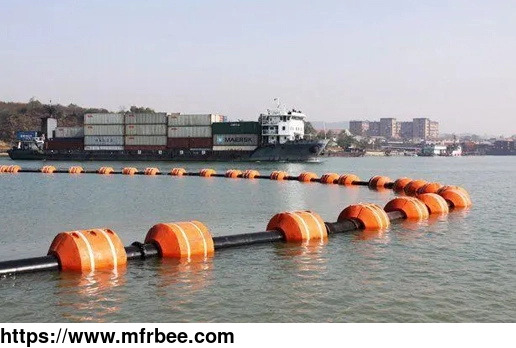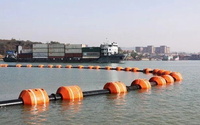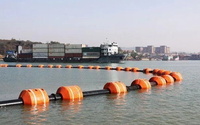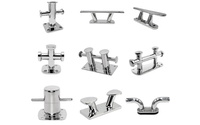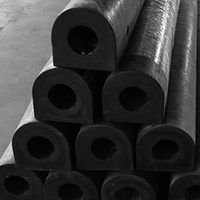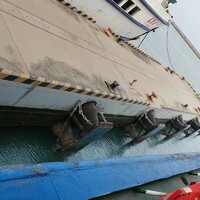Rubber Buoys
Product Quick Detail
- FOB Price
- USD $5,000.00 / Piece
- Minimum Order
- 1
- Place Of Origin
- Anhui
- Packaging
- N/A
- Delivery
- 15 Days
Specifications
At our company, we specialize in offering the highest quality rubber buoys for marine industry applications. Our buoys are crafted from the finest materials, and are designed to provide years of
reliable service in all kinds of marine conditions. We offer a wide selection of buoy options, from small navigational buoys to large sea anchors, and are confident that we have the perfect buoy
for your needs.
Our buoys are designed for maximum durability and reliability. They are resistant to both impact and weathering, and are designed to resist the corrosive effects of saltwater and other elements.
Our buoys are also designed to be easily installed and maintained, and are available in a variety of sizes and shapes to suit your specific application.
How to Install Rubber Buoys
To install Rubber Buoys, follow these steps:
1. Choose a suitable location: Determine the location of the buoy based on the intended purpose, water depth, and the condition of the surrounding area.
2. Install anchor chains: Install mooring chains or ropes on the buoy. The length of the chains or ropes should be determined based on the depth and current conditions at the installation location.
3. Lower the buoy into the water: Lower the buoy into the water and make sure it is floating evenly. Position the buoy to ensure that it is visible and not obstructing any navigation channels.
4. Attach the mooring chains: Attach the mooring chains or ropes to the anchor points on the buoy using appropriate hardware.
5. Adjust the buoy: Make any necessary adjustments to the mooring chains or the buoy's position to ensure that it is level and stable.
6. Test the buoy: After installation, test the buoy to ensure that it is functioning correctly and is visible to other vessels.
7. Regular maintenance: Regularly inspect the buoy for any signs of wear or damage and replace parts as necessary. Clean the buoy regularly to ensure optimal visibility.
Application of Rubber Buoys
Rubber buoys are an essential tool used in a variety of marine and aquatic applications, from providing support in piers and jetties to marking channels, hazards and restricted areas. They are also
used in fishing, dredging and surveying operations.
Rubber buoys are a great choice because of their flexibility and strength. They are resistant to extreme weather conditions, and are able to withstand the wear and tear of use in marine
environments. They are also buoyant, making them an ideal product for marine operations.
- Country: China (Mainland)
- Business Type: Manufacturer
- Market: Africa
- Founded Year: 2002
- Address: Xuzhen Industrial Park, Wuhu, Anhui, China
- Contact: Ping An
